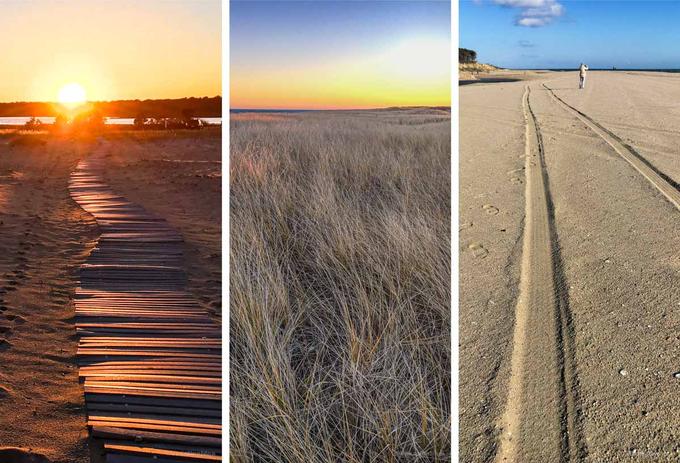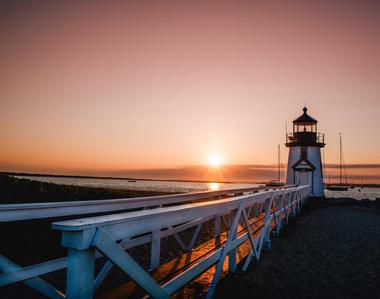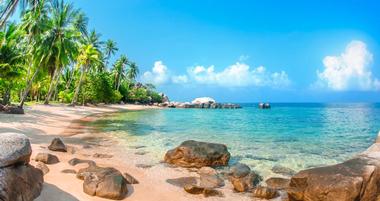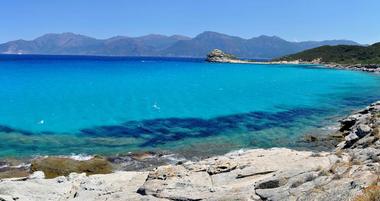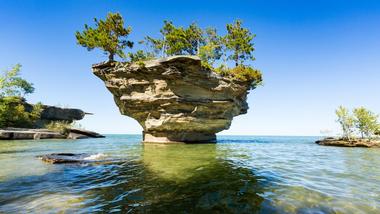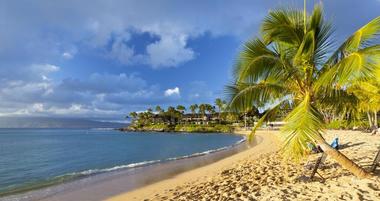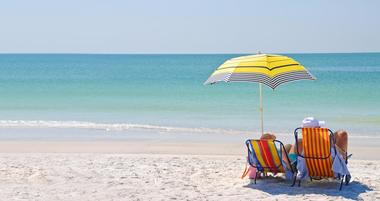Places to Visit
Whether you’re chasing the best of foliage in the USA, enjoying unique holiday vibes in New York City, or discovering the underrated warmth of spots like Arizona or Florida, November offers countless ways to make memories.
Read MoreBest Places to Visit in June
For me, June trips aren’t just about the destination. They’re about enjoying unique experiences, celebrating summer’s arrival, and discovering underrated places that feel extra special this time of year.
Read More10 Best Places to Visit in October in the USA
Whether you’re looking for cozy small-town charm, city festivals, or peaceful escapes in nature, October offers a little bit of everything, making it one of my favorite times to plan special trips and seasonal fun.
Read More12 Best Places to Go for Birthday
A birthday trip is one of my favorite ways to make memories that go way beyond a dinner or party. It’s about adventure, relaxation, and doing something that feels truly special just for me (or for someone I love).
Read MoreBest Places to Go in the Spring in April
April vacations are honestly some of my favorite trip ideas. This season is one of the best times to travel because everything feels fresh, colorful, and full of energy.
Read MoreMost Beautiful Places to Visit Around the World
Searching for the most beautiful places to visit around the world? Well, you are in the right place!
Read MoreBest Places to Visit for Fall Foliage
Fall vacations are some of the most unique and colorful travel experiences you can plan, and honestly, they’re some of my favorite trips of the year.
Read MoreBest Day Trips from Seattle, WA
From coastal islands to mountain escapes, Seattle offers easy access to the best mix of scenery, culture, and adventure, often in unique and sometimes underrated destinations just a short drive or ferry ride away.
Read MoreBest Places to Visit in Nebraska
From wide-open prairies to historic towns and dramatic natural landmarks, I think that Nebraska offers some of the best and most unique attractions, many of which feel surprisingly underrated.
Read MoreBest Places to Visit in July
July is the height of the travel season: kids have the summer off from school, and the warm, sunny weather makes adults itch to get out of the office. I think these are the best places to visit for fun, relaxation and connection.
Read MoreBest Places to Visit in September
What makes September travel so special is its variety. You can take advantage of late-summer beach days, explore unique mountain towns alive with fall colors, or enjoy unique local events and festivals.
Read MoreBest Places to Visit in January
January is one of the best months to plan a trip, and it’s become one of my favorite times of year to explore new destinations.
Read MoreBest Places to Visit in Wyoming
Home to Yellowstone National Park, Grand Teton National Park, and six mountain ranges that surround the Big Horn Basin, it is Wyoming’s majestic outdoors that we wanted to see.
Read MoreBest Places to Visit in Montana
Montana is one of the best states to visit in the U.S. It’s become one of my favorite destinations for wide-open spaces and unforgettable adventures.
Read MoreBest Places to Visit in Maine
Famed for its stunning coastline and quaint fishing towns, Maine can keep both city lovers and nature enthusiasts busy throughout the year.
Read More20 Best Things to Do in Pennsylvania
Pennsylvania is about history, sure, but it's also about the unique destinations, the favorite small towns, and the underrated gems that make every visit special.
Read More7 Places to Visit in May
I love how May travel feels underrated compared to peak summer vacations. You get the best mix of beauty, comfort, and affordability, which makes every trip feel even more enjoyable.
Read MoreCool Green Adventure Vacations
I think that green trips are some of the best ways to travel because they combine unique adventures, eco-conscious choices, and unforgettable memories that I know are good for both me and the planet.
Read MoreBest Places to Travel in February
I love how February travel can be so underrated. You get fewer crowds, better deals, and a chance to enjoy destinations in a more authentic way.
Read MoreBest Places to Go for an Anniversary Trip
I love how anniversary trips can be both underrated and unforgettable. You don’t always need to go far to find the best mix of romance, relaxation, and adventure.
Read More